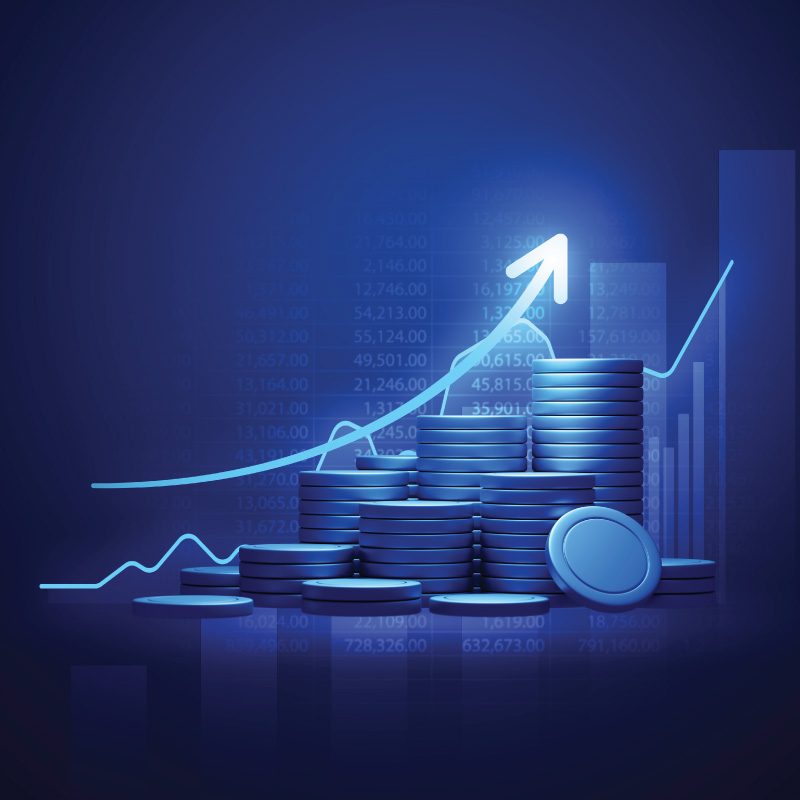Capital gains tax (CGT) is a crucial aspect of Australia’s tax system, and it’s essential for individuals and businesses alike to have a solid grasp of its implications. In the state of New South Wales (NSW), understanding CGT is particularly relevant due to its impact on property transactions and investments. This blog post aims to provide a comprehensive understanding of capital gains tax and how it affects individuals and businesses in NSW.
What is Capital Gains Tax (CGT)?
Capital gains tax is a tax levied on the profit made from the sale or disposal of certain assets, known as capital assets. These assets can include real estate, investments, shares, and even collectibles. The tax is applied to the capital gain, which is the difference between the selling price and the original purchase price of the asset.
CGT Implications in NSW: Real Estate Transactions
In NSW, real estate transactions are a significant focal point of CGT. When you sell a property that isn’t your primary residence, you may be liable to pay CGT on any capital gain made from the sale. However, the main residence exemption can apply if the property was your primary residence for the entire ownership period.
Calculating CGT
Calculating CGT can be complex, as it involves various factors such as the acquisition cost, selling price, and potential deductions. Deductions can include expenses related to the acquisition and sale of the property, as well as improvements made to the property. It’s crucial to keep detailed records of these transactions to accurately calculate your capital gain or loss.
CGT Concessions and Exemptions
Fortunately, there are concessions and exemptions available in certain situations. For instance, if you held the property for more than 12 months, you may be eligible for the CGT discount. This allows you to reduce the taxable portion of your capital gain by 50% for individuals or 33.33% for superannuation funds.
Additionally, the Small Business CGT Concessions provide relief for business owners. These concessions can significantly reduce or eliminate CGT when selling an eligible small business or its assets. To qualify, specific criteria must be met, including meeting the maximum net asset value test and satisfying the active asset test.
Record-Keeping and Reporting
Accurate record-keeping is vital when dealing with CGT. Documentation such as purchase and sale contracts, valuation reports, and evidence of capital improvements must be retained to support your CGT calculations. Ensuring these records are well-organized and accessible can save you significant time and potential issues in the future.
Seeking Professional Advice
Given the complexity of CGT regulations, seeking professional advice is highly recommended, especially if you’re dealing with substantial assets or complex transactions. Tax agents and accountants specializing in CGT can provide tailored guidance based on your specific situation, helping you navigate the intricacies of the tax system while optimizing your financial outcomes.

Conclusion
Understanding capital gains tax and its implications in NSW is essential for anyone involved in property transactions, investments, or business activities. Being aware of CGT rules, concessions, and exemptions can help you make informed decisions and potentially minimize your tax liability. As CGT can be intricate, it’s advisable to consult with professionals who possess expertise in taxation to ensure accurate compliance with the regulations and to make the most of available opportunities. By maintaining a proactive approach and staying informed, you can navigate the world of capital gains tax with confidence and better manage your financial affairs
Let’s get assistance with your Individual / Sole Trader Tax Return-
Small Business Accountant = Professional + Friendly + Local.
No matter your business type, Ac Accounting Info is here to help. For businesses of every shape and size, we can assist you with your taxation needs. With over 20 years of experience helping businesses like yours – from individual tax returns to complex company structures, investment, and SMSF tailoring – Ac Accounting is your small business accountant.
The following services are some of our most popular, but if you can’t find what you’re looking for, chat with us and we’ll be happy to assist you.
Make an appointment today:
Contact@ acaccounting.info
Tel:02-9699 4584
Surry Hills NSW 2010, Australia
𝐋𝐞𝐭’𝐬 𝐂𝐡𝐚𝐭 𝐋𝐈𝐕𝐄


